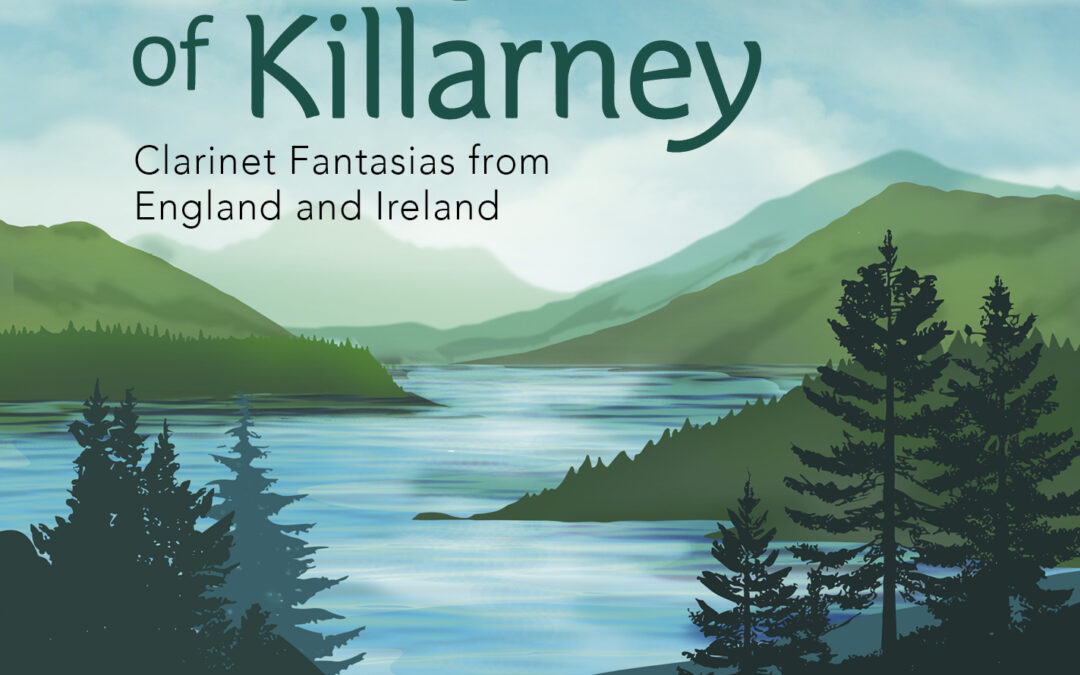Clarinet fantasies from England and Ireland
Robert Plane clarinet
Benjamin Frith piano
MPR 118 mikepurtonrecording.com
At first glance this might seem to be a disc aimed at a somewhat small group of enthusiasts. However, in addition to the Fantasias on the themes from the three operas that comprised what was known as the English Ring (The Bohemian Girl, The Lily of Killarney and Maritana) but more accurately the Irish Ring, because of the Irish connections between all three works.
Also included are a number of attractive lighter pieces by British composers such as Ernest Tomlinson, Thomas Pitfield and Elizabeth Maconchy. The Four Short Pieces by Howard Ferguson are a welcome inclusion, and seemed new to me until I found that they were also intended for viola as a possible alternative. Similarly, the Phantasy Suite by Thomas Dunhill is a good example of the composer’s beautifully-crafted chamber music.
The works which give this issue its title give an indication of just how popular the operas were in the mid-nineteenth century. The exception is the Fantasia on The Lily of Killarney which is a piece by Howard Rogerson ‘after’ those on The Bohemian Girl and Maritana by Charles le Thière. These works were imitative of others based on operatic themes by European composers, most notably for piano by Franz Liszt. His ‘paraphrases’ on themes from works as diverse as Norma, Don Juan, Faust and others were not just intended as a vehicle for Liszt to demonstrate his prowess as an executant, but also to make better known music that Liszt believed in and wished to publicise.
An instrument such as the clarinet was a comparatively recent arrival in the orchestra. The solo repertoire was somewhat limited in the nineteenth century, so pieces based on themes an audience may already know was a shrewd marketing strategy. Later in the 19th century composers such as Brahms, inspired by players such as Richard Mühlfeld, began writing sonatas for the solo clarinet, and the need to make such concessions was not so great.
Taken as a whole, this is a very beguiling programme, with less well-known items such as the two short pieces by Joseph Holbrooke showing that he was not always deep in the Celtic mysticism of works such as Dylan and The Children of Don. Indeed, the composer’s lighter music might well be worth exploring. Similarly, the piece by Clarence Raybould, better remembered today as a conductor of the mid-twentieth century, comes as a charming surprise.
There is much to enjoy here and the performances are beyond reproach. The recording too is excellent with a fine natural balance between the two instruments. Warmly recommended.
Review by Martyn Strachan

